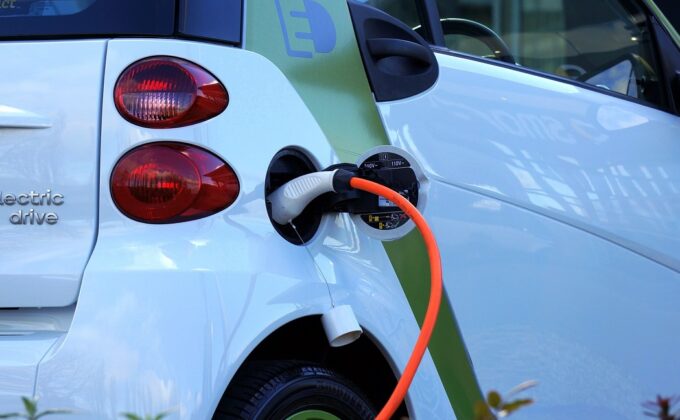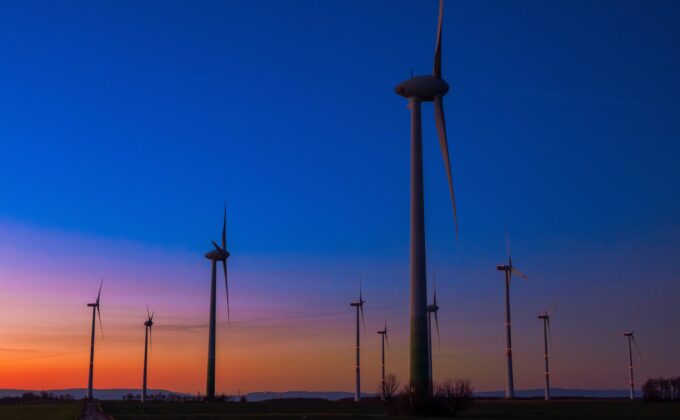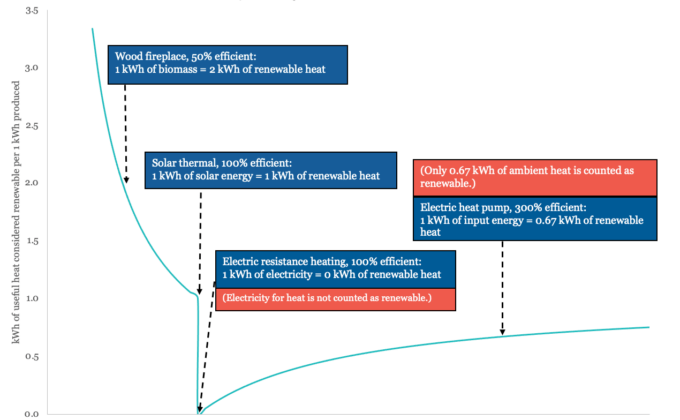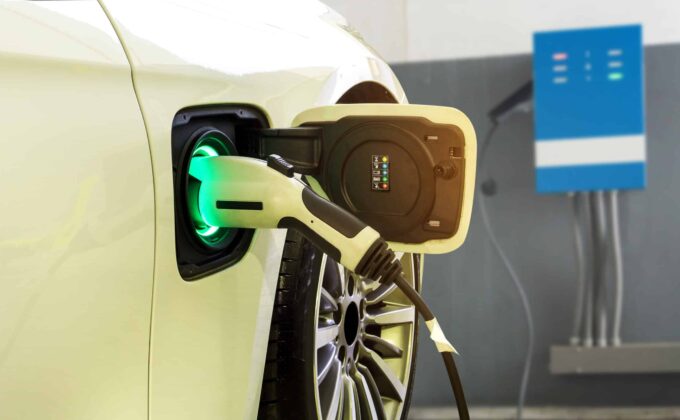Filter >>
Content Filter:
About this Report: Electrification of energy uses currently powered by fossil fuels represents one of the greatest opportunities in the energy sector today to benefit consumers, the environment, and the grid. RAP’s series on what we call beneficial electrification—that is,… View Summary +

The EU’s renewables directives count what fuel is burned for heating, as opposed to the amount of heat produced. Never has the spotlight shone so brightly on Europe’s heating and cooling sector. And for a good reason. Fossil gas… View Summary +

Distributed energy resources can provide key opportunities that would empower India’s retail customers to improve system efficiency, lower costs, and reduce emissions. In the first part of our DER series, we laid out the arguments for how deploying distributed… View Summary +

If the video is not visible, please accept all cookies to enable the player. Securing a clean, efficient and affordable power system is a complex undertaking in the best of times. The current energy crisis, however, has compounded the… View Summary +

Significant new uncertainties and options for the gas industry are creating new challenges for regulators who are responsible for ensuring that utility investments are in the public interest. Many of the unknowns relate to the potential for customers to… View Summary +

The Renewable Energy Directive (RED), designed to help meet the EU’s ambitious 2030 and 2050 climate targets, sets targets for growing renewables usage for heating and cooling in the building sector. As currently written, however, the RED encourages inefficient uses… View Summary +

Electric vehicles (EVs) offer a cleaner, more energy efficient means of transportation than vehicles with internal combustion engines. Less well known is that they also provide a still largely unused resource to improve grid operation. Although the additional electricity demand… View Summary +

This fact sheet, prepared as a poster for presentation at the ACEEE 2022 Summer Study on Energy Efficiency in Buildings, describes the concept of a model rule to reduce emissions of nitrogen oxides (NOx) from fossil fuel-fired water heaters,… View Summary +
